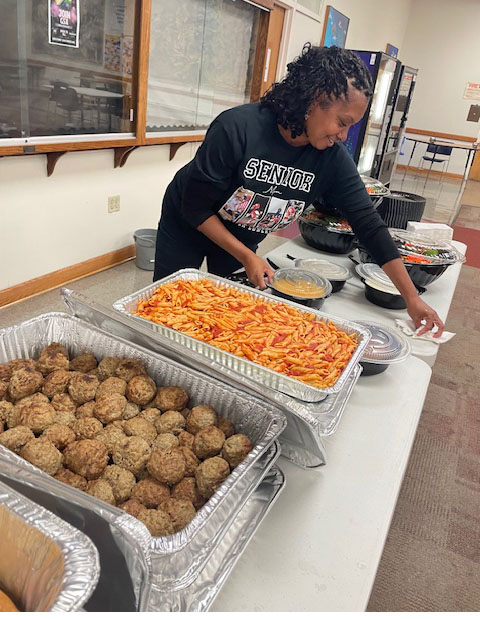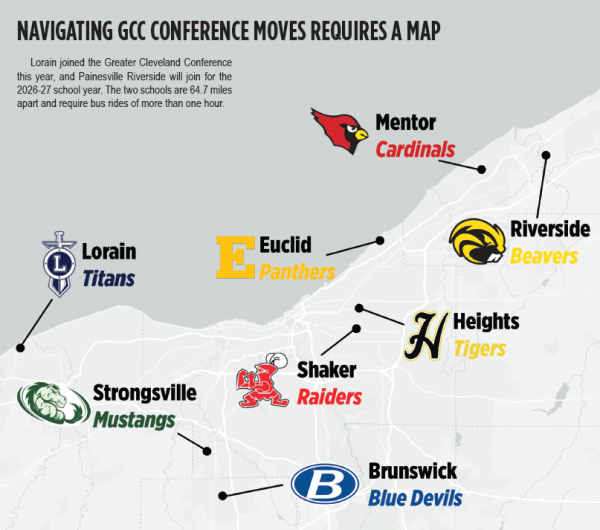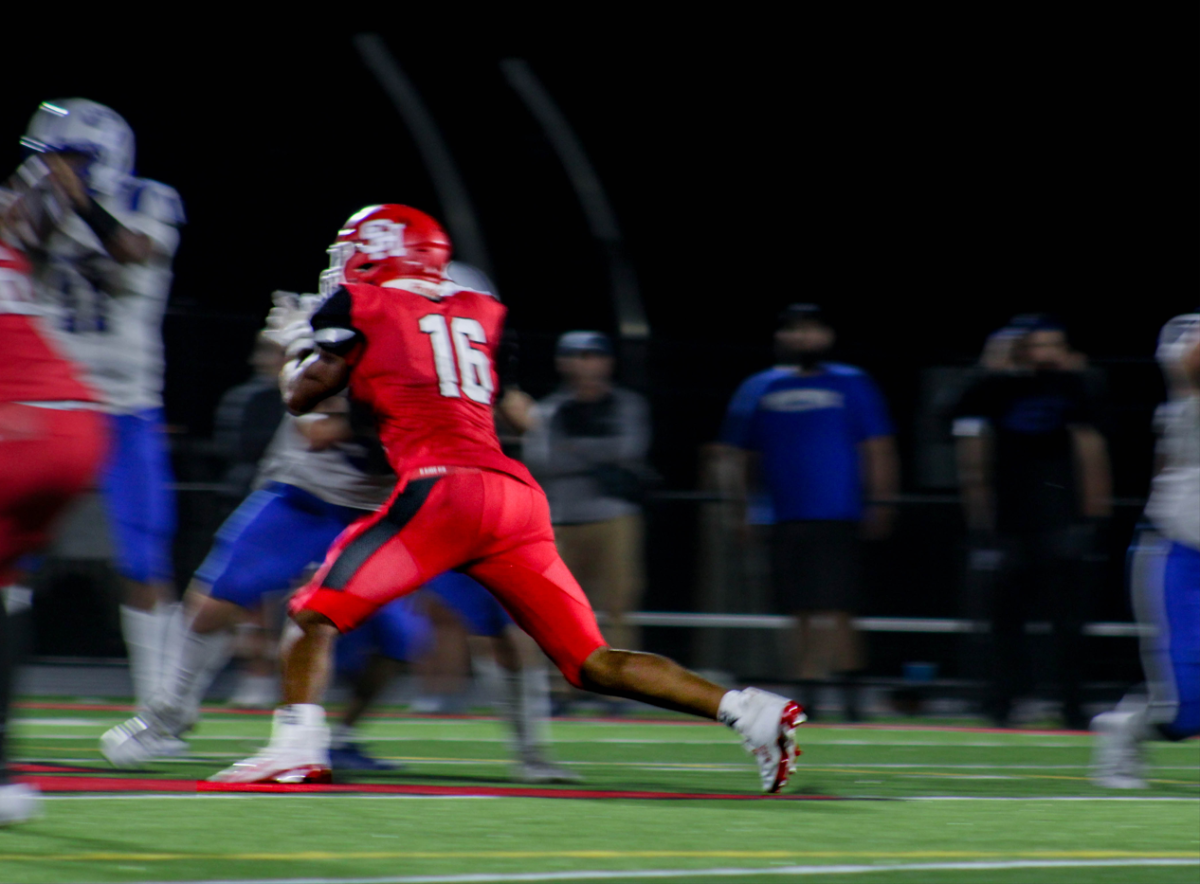Ask Shaker athletes what makes their teams succeed, and you’ll get the same cliché every time.
Whether they say, “Our team shares a strong bond,” “We really bonded during the offseason” or “(Insert activity here) helped us bond,” they say it a lot.
But what does it mean?
Is it covalent or ionic? Do teammates share electrons? And how does it help a team win?
A few athletes tried to define it. Senior baseball player John Longman said team bonding is “when everyone on the team can trust one another on and off of the field.”
Freshman soccer player Bridget Mitchell defined team bond as “when all teammates feel comfortable and safe around each other.”
Senior cross country captain Nikki Mercer said her team’s bond makes it “strong like a team and strong like a family.”
No matter how they define it, athletes report that spending time together helps create it. “I think the week-long spring training trip really brings the team together because it is a week with just your team doing something you love,” Longman said.
Mitchell said her team achieved unity by spending hours practicing together and having team dinners. At Saturday meets, the cross country team has the chance to spend a whole day together. Mercer said that during meets, the team cheers one another on to better times.
Chemistry teacher Travis Cox said a chemistry bond is actually very similar to a team bond. A chemical bond is attraction between different atoms. There are two main types of bonds: in one, opposites attract, and in the other, atoms share. “I believe both of these bonds apply to team sports,” said Cox. “Sometimes the participants are nothing alike, but the bond of a team brings them together for a common goal. I believe a strong team bond is very important to a team’s performance; however a bond has nothing to do with being similar,” Cox said.
Leif Smith, sports psychologist for Ohio State’s athletic department, said a team bond is “when a team has a certain, common purpose around which they can rally.” Smith said team bonding is important because most sports require a full team effort. “When teammates work together more, there are less communication problems and better performances,” he said.
Longman said the baseball team’s activities help every player trust one other so they can perform their best, while Mitchell said her team’s bond helps everyone communicate better.
“In soccer, you need to do a lot of communicating with your teammates. It helps when you know your teammates’ strengths and weaknesses so you can help them out however you can. If you know when they may need help or when it is better to stay back, you can help get the ball down the field and score.”
In effort to increase unity, some teams take unusual measures. Before taking on St. Ignatius, the men’s soccer team shared the experience of wearing diapers to school. Senior Will Naugle said, “I think they drew a bigger crowd to the game, which made us play better.”
A version of this story of the article appeared in print on 31 October 2012 on page 10 of The Shakerite






